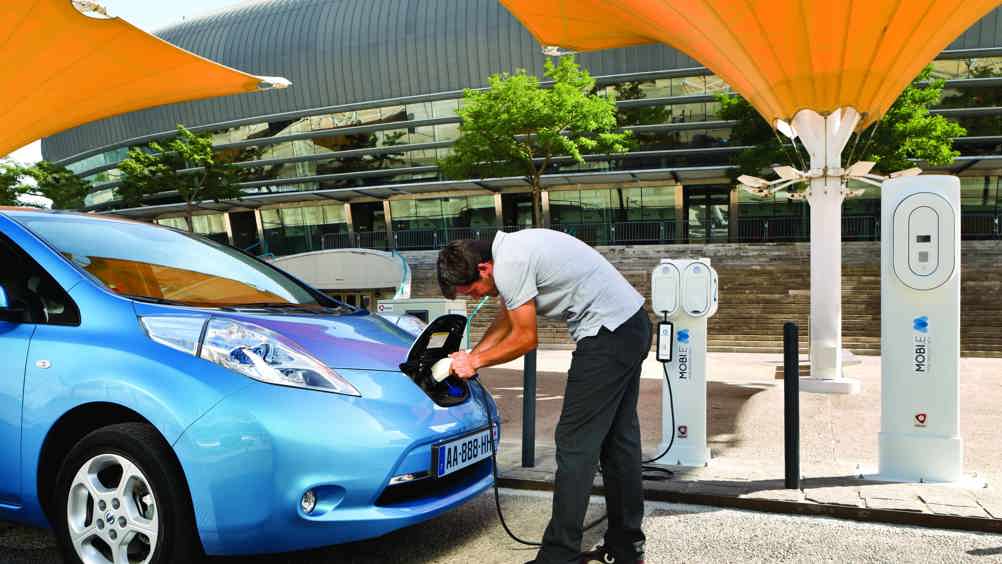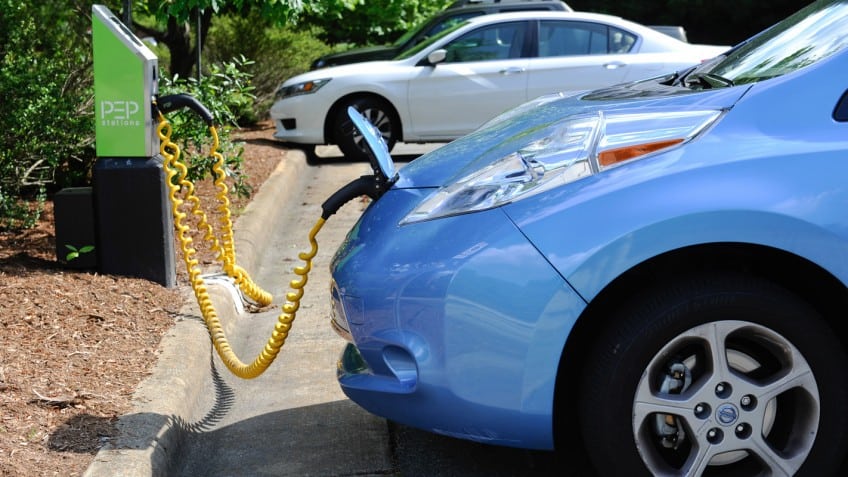Polymer sponge lining could double life of lithium ion batteries
A 3D cross-linked polymer sponge that attaches to the metal plating of a battery anode could lead to lithium metal batteries that last longer, charge faster and are safer.


This is the claim of researchers from Penn State University whose findings have been published in Nature Energy.
"This project aims to develop the next generation of metal batteries," said Donghai Wang, professor of mechanical engineering and the principal investigator of the project. "Lithium metal has been tried in batteries for decades, but there are some fundamental issues that inhibit their advancement."
Fast-charging scenarios – such as with electric vehicles – put lithium ion (Li) batteries under additional strain that leaves them vulnerable to dendritic growth, which are needle-like formations that can reduce cycle life and potentially cause catastrophic safety issues.
"Our approach was to use a polymer on the interface of Li metal," Wang said. The material is said to act as a porous sponge that not only promotes ion transfer but also inhibits deterioration.
"This allowed the metal plating to be free of dendrites, even at low temperatures and fast charge conditions," he said.
Register now to continue reading
Thanks for visiting The Engineer. You’ve now reached your monthly limit of news stories. Register for free to unlock unlimited access to all of our news coverage, as well as premium content including opinion, in-depth features and special reports.
Benefits of registering
-
In-depth insights and coverage of key emerging trends
-
Unrestricted access to special reports throughout the year
-
Daily technology news delivered straight to your inbox










Hornsea 4 wind farm axed by Ørsted
Sounds like a job for Greta British Energy. IF it actually had staff. Or a business. Or manufacturing capabilities. Or access to the manifest promised...